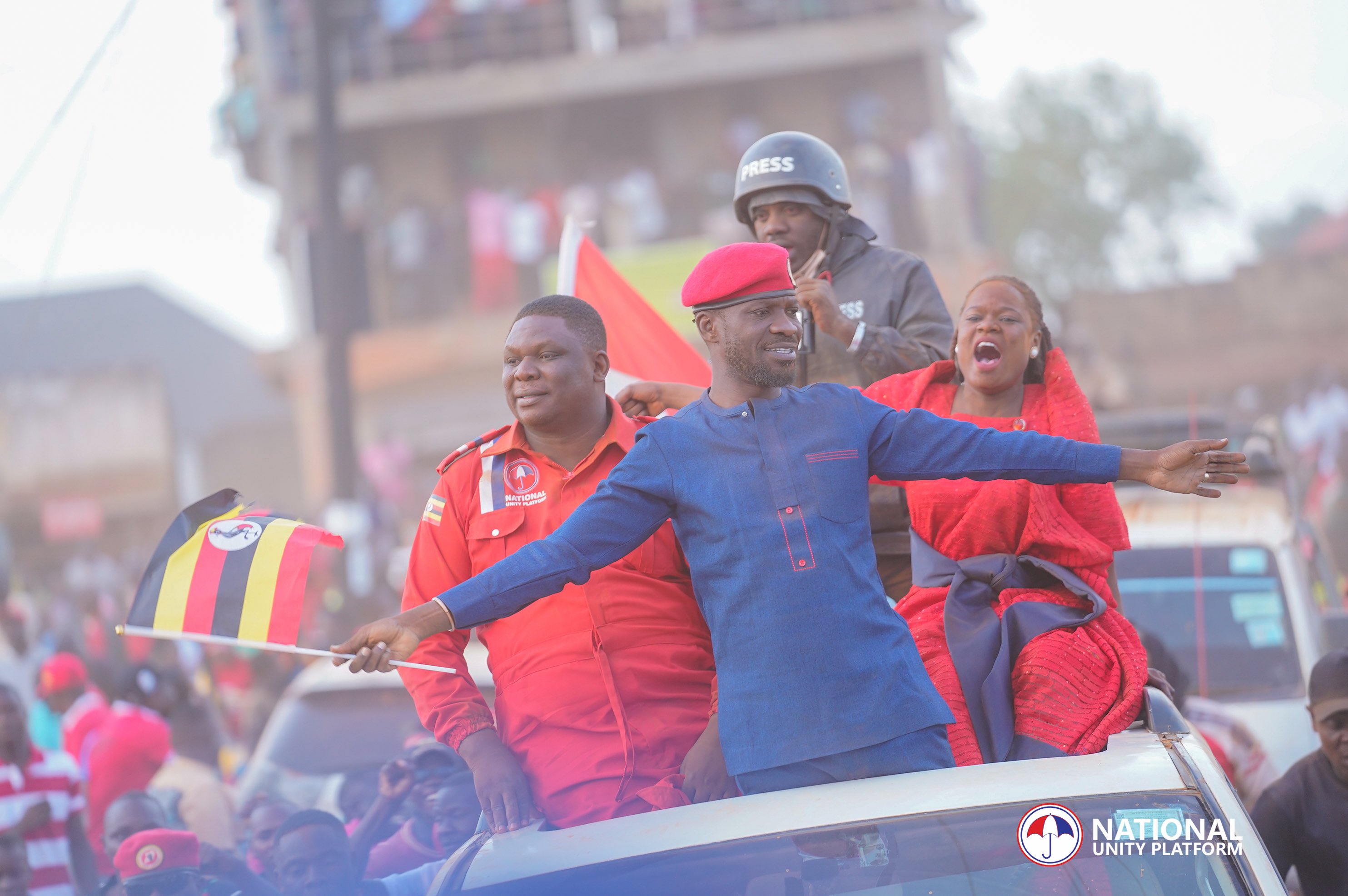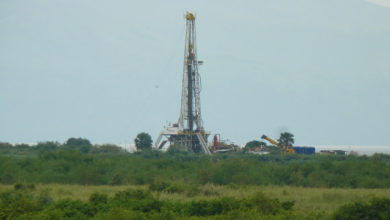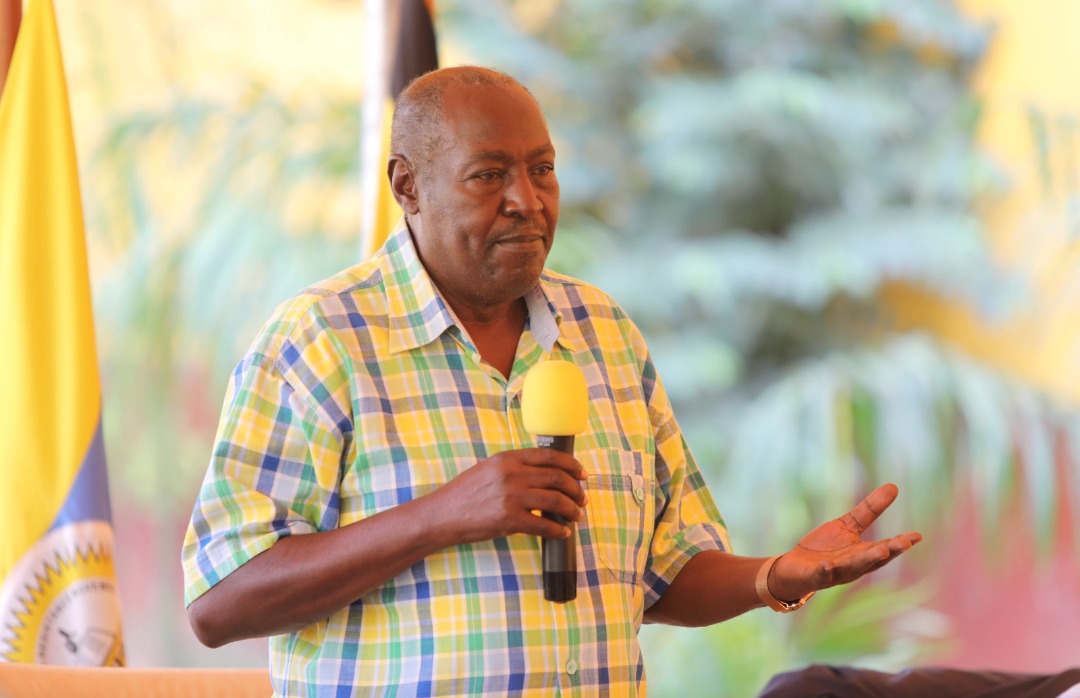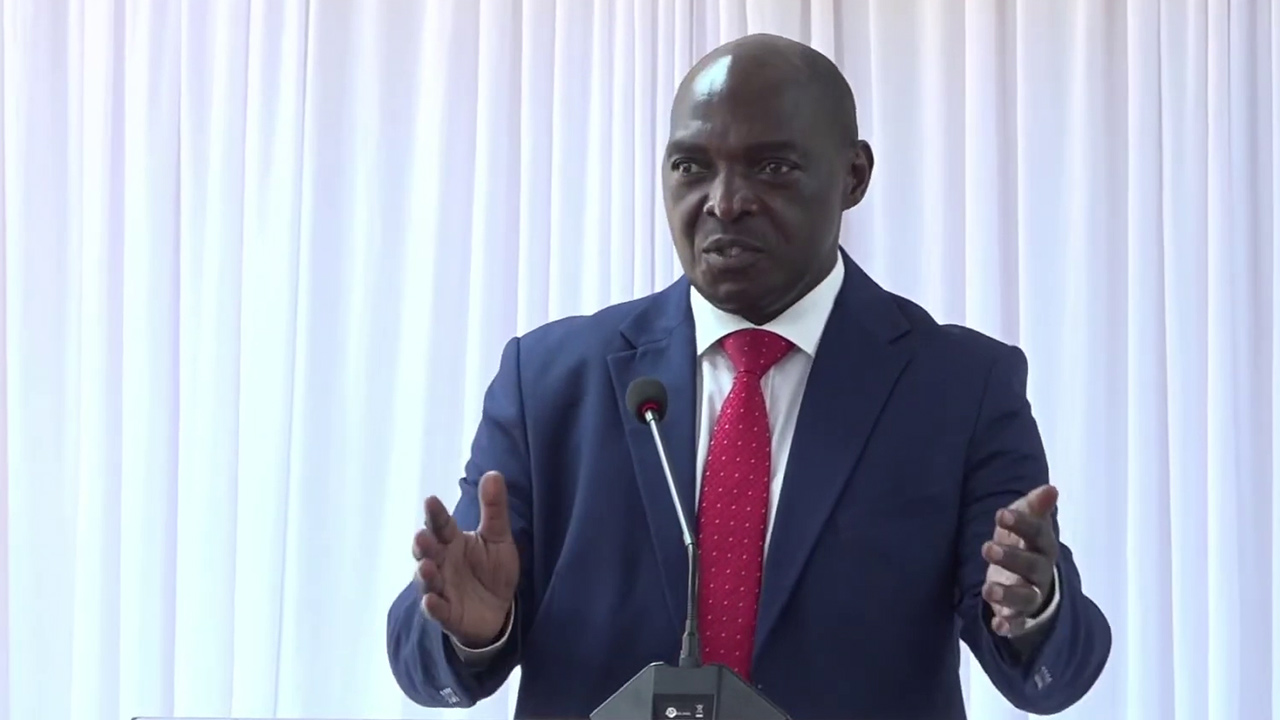From Bush War Base to Ballot: Museveni launches 2026 campaign in Luweero, says Luweero’s sacrifices will be rewarded with development
Speaking at Bukalasa Agricultural College grounds, Museveni, the National Resistance Movement (NRM) flag bearer, vowed to safeguard what he termed as Uganda’s “revolutionary gains” while steering the country into high middle-income status.
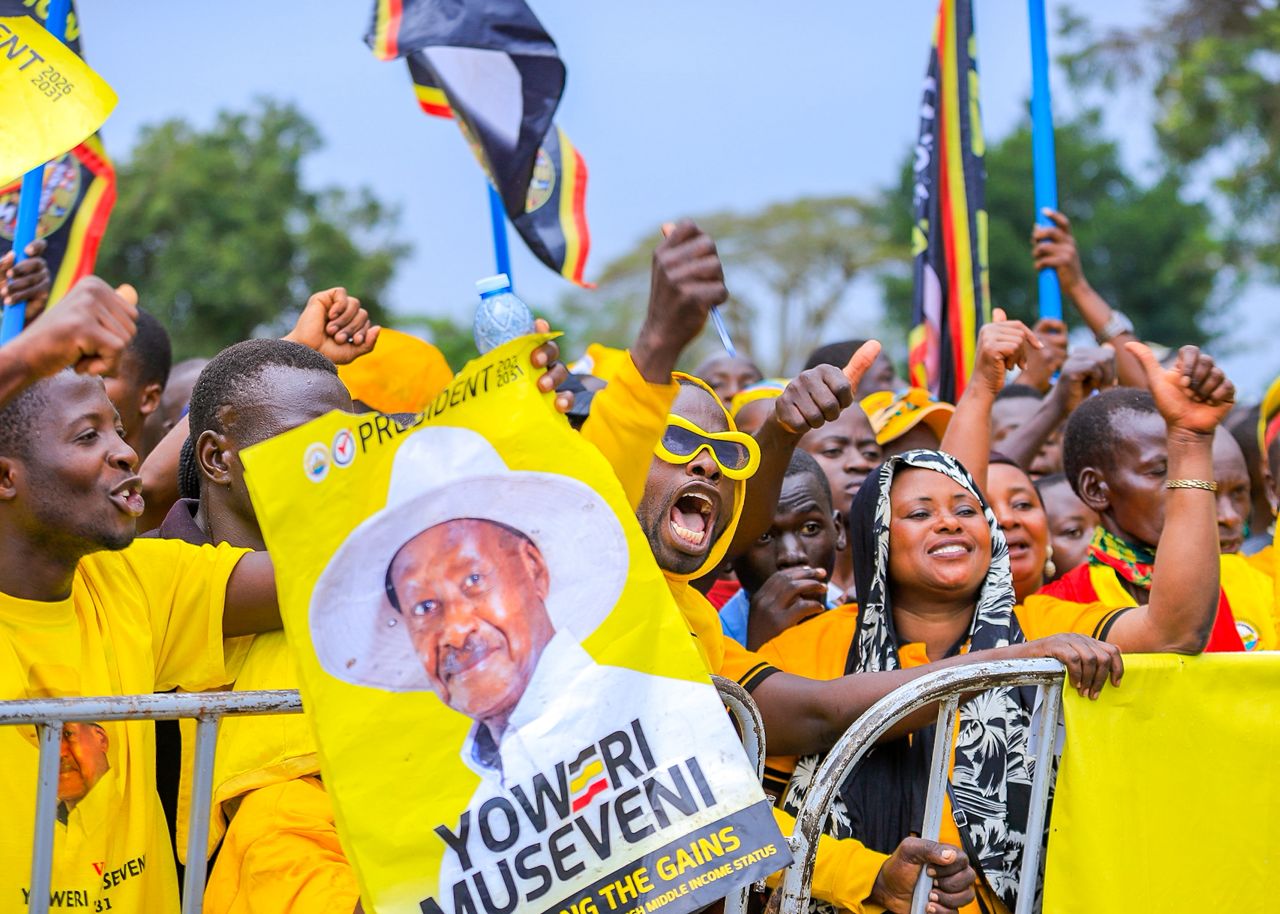
President Yoweri Kaguta Museveni has launched his 2026 re-election campaign in Luweero District, returning to the symbolic birthplace of the National Resistance Army (NRA) struggle with a message that combined history, gratitude, and promises of deeper socio-economic transformation.
Speaking at Bukalasa Agricultural College grounds, Museveni, the National Resistance Movement (NRM) flag bearer, vowed to safeguard what he termed as Uganda’s “revolutionary gains” while steering the country into high middle-income status.
His campaign theme, “Protecting the Gains, Making a Qualitative Leap into High Middle-Income Status,” set the tone for a pitch that blends his 40-year incumbency record with fresh commitments to address persistent challenges.
For Luweero, often referred to as the “Triangle” of the bush war, Museveni’s message carried both symbolic weight and practical promises. He credited the district’s sacrifices during the 1981–1986 struggle for laying the foundation of Uganda’s peace and stability, while urging its residents to rally behind his bid to consolidate those achievements.
Economically, Museveni emphasized the need to pull the remaining 33% of Ugandans outside the money economy into commercial agriculture, industry, and manufacturing.
He highlighted ongoing initiatives like the Parish Development Model (PDM) and Emyooga, pledging increased funding—up to Shs 300 million for urban parishes and Shs 115 million for rural ones—as tools to accelerate poverty reduction.
He cited examples of successful commercial farmers to demonstrate the benefits of scaling up agricultural production.
In education, Museveni promised to enforce free schooling by ending illegal charges in government institutions. He announced plans to recruit 50,000 teachers and expand skilling hubs that train youth at no cost, positioning them for self-reliance within months.
Similarly, in health, he acknowledged immunization successes but vowed to crack down on the theft of drugs from health centers, urging citizens to hold local leaders accountable.
On land, the President reassured bibanja holders of security, declaring government’s long-term intention to pay off landlords to ensure tenants retain their plots. He also positioned Uganda’s growing industrial base—over 50,000 factories—and forthcoming petroleum production as pivotal drivers of jobs, taxes, and infrastructure development.
Yet, Museveni’s message was not without caution. He warned against corruption in government programs, calling for vigilance from both leaders and citizens. His appeal for unity and NRM support framed the elections as a choice between consolidating stability and risking the reversal of hard-won progress.
The Luweero launch served both as a campaign rally and a reminder of Museveni’s legacy. By intertwining the district’s liberation history with promises of transformation, he sought to reaffirm his bond with the people of Luweero while making the case for continuity in national leadership.
As Uganda heads into the 2026 elections, Museveni’s strategy appears rooted in balancing past achievements with pledges of a future anchored in industrialization, resource wealth, and inclusive growth. For the people of Luweero, the offer is clear: remain loyal to the Movement to secure land rights, education reforms, youth empowerment, and expanded government support in the fight against poverty.



